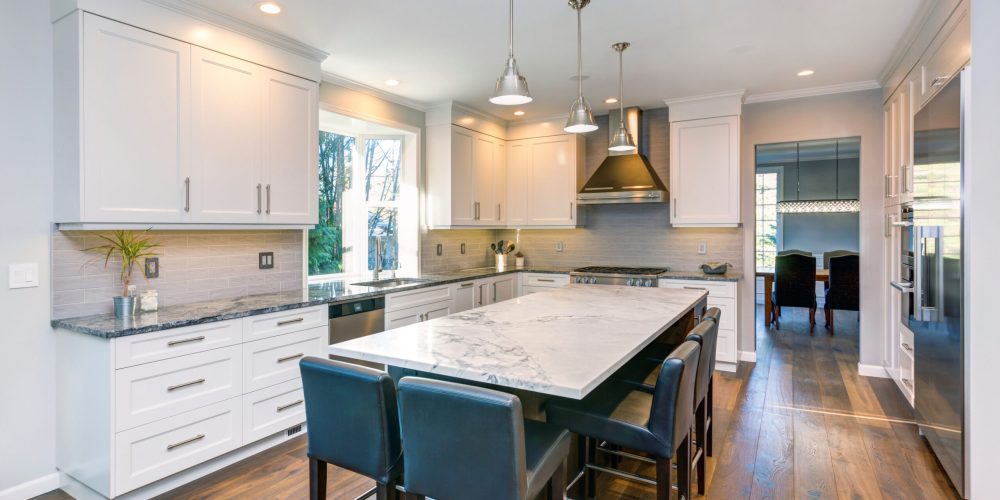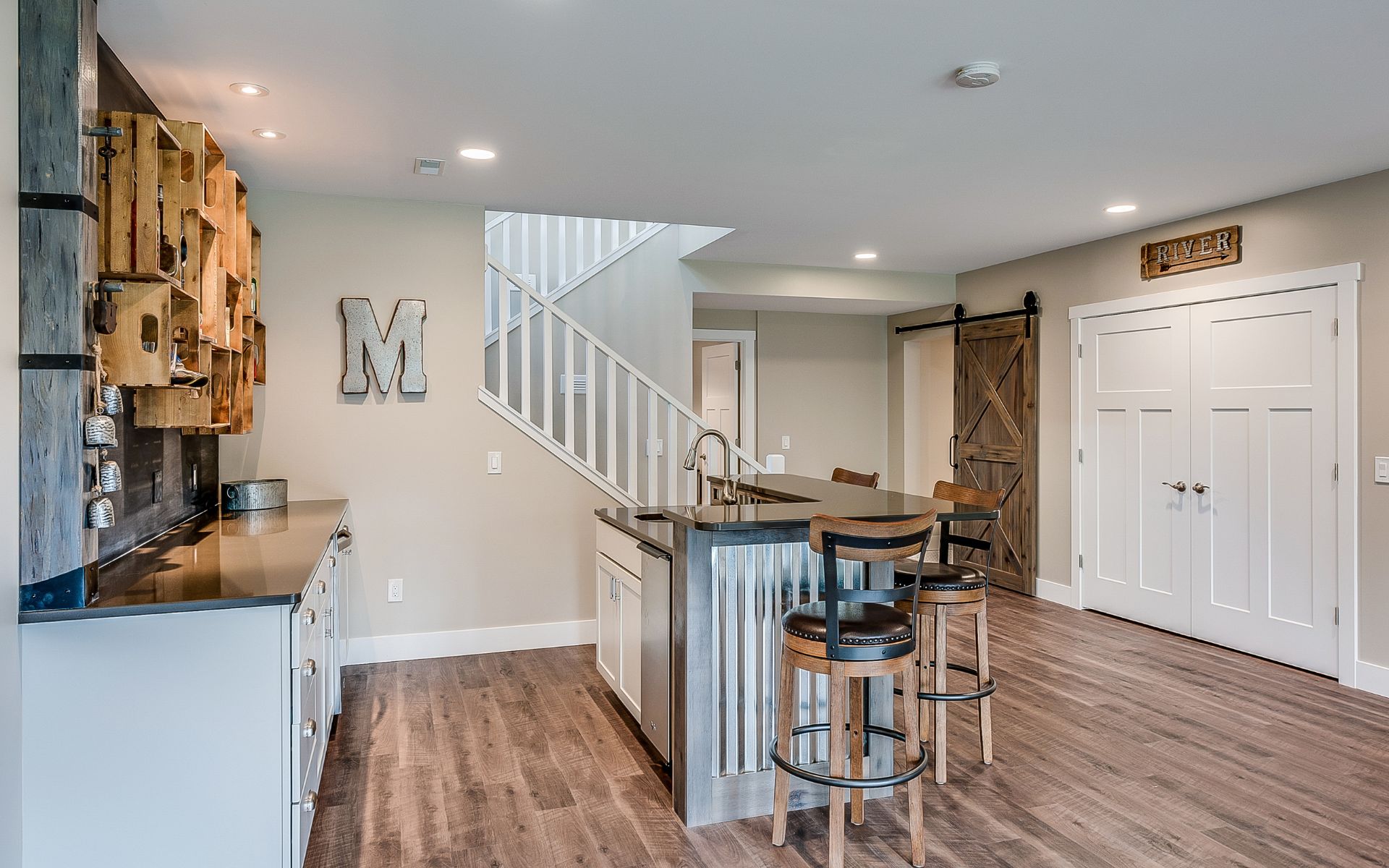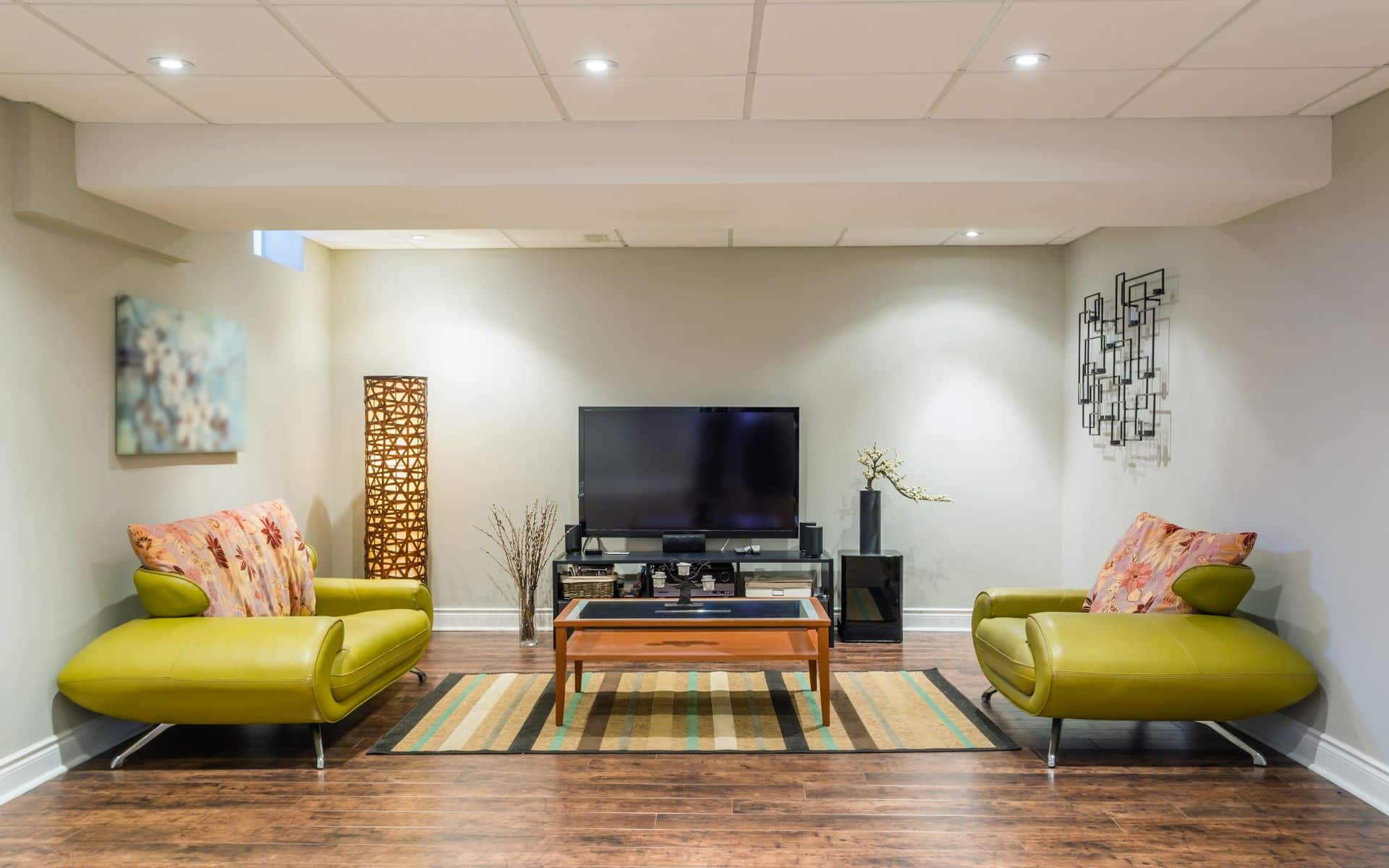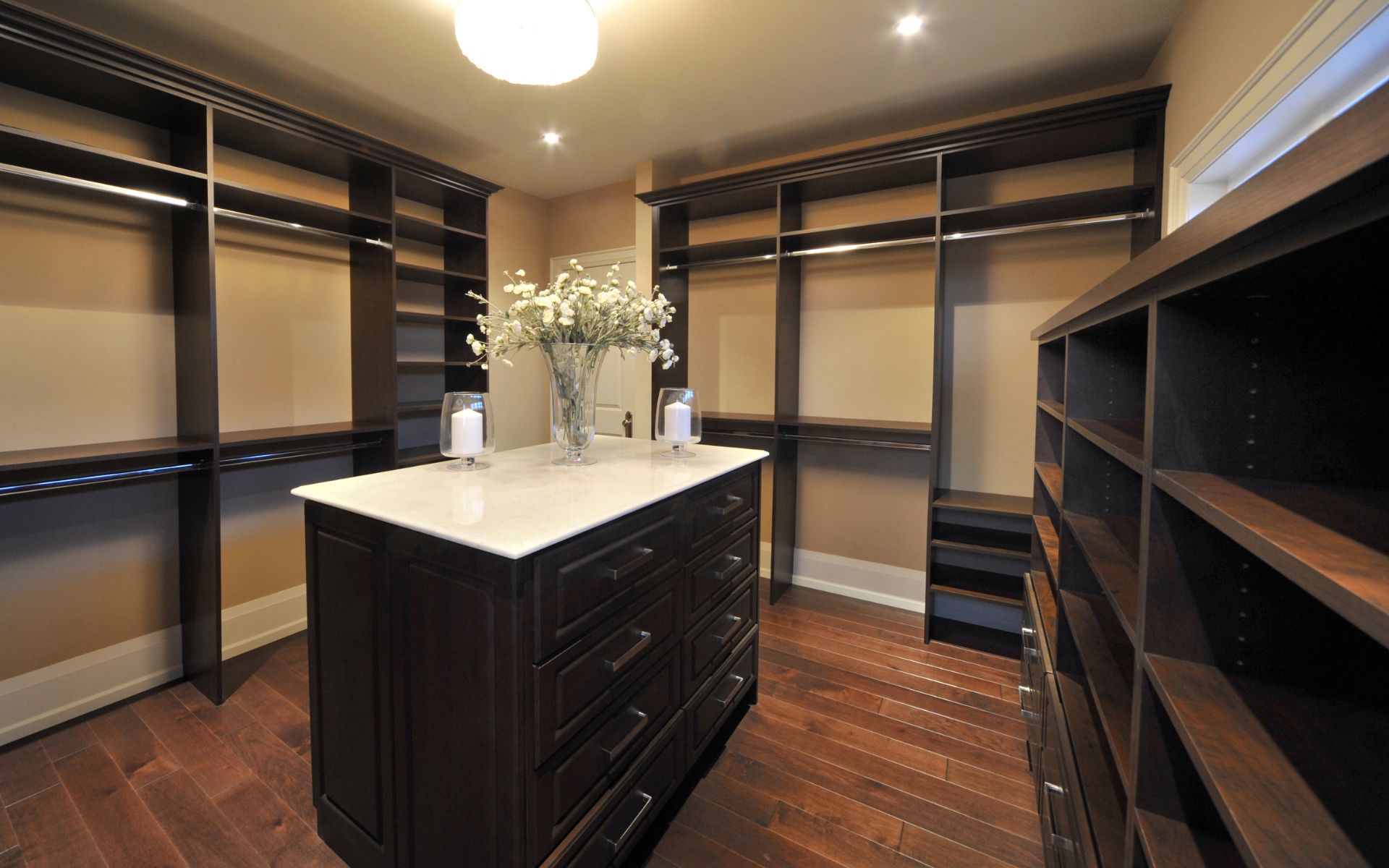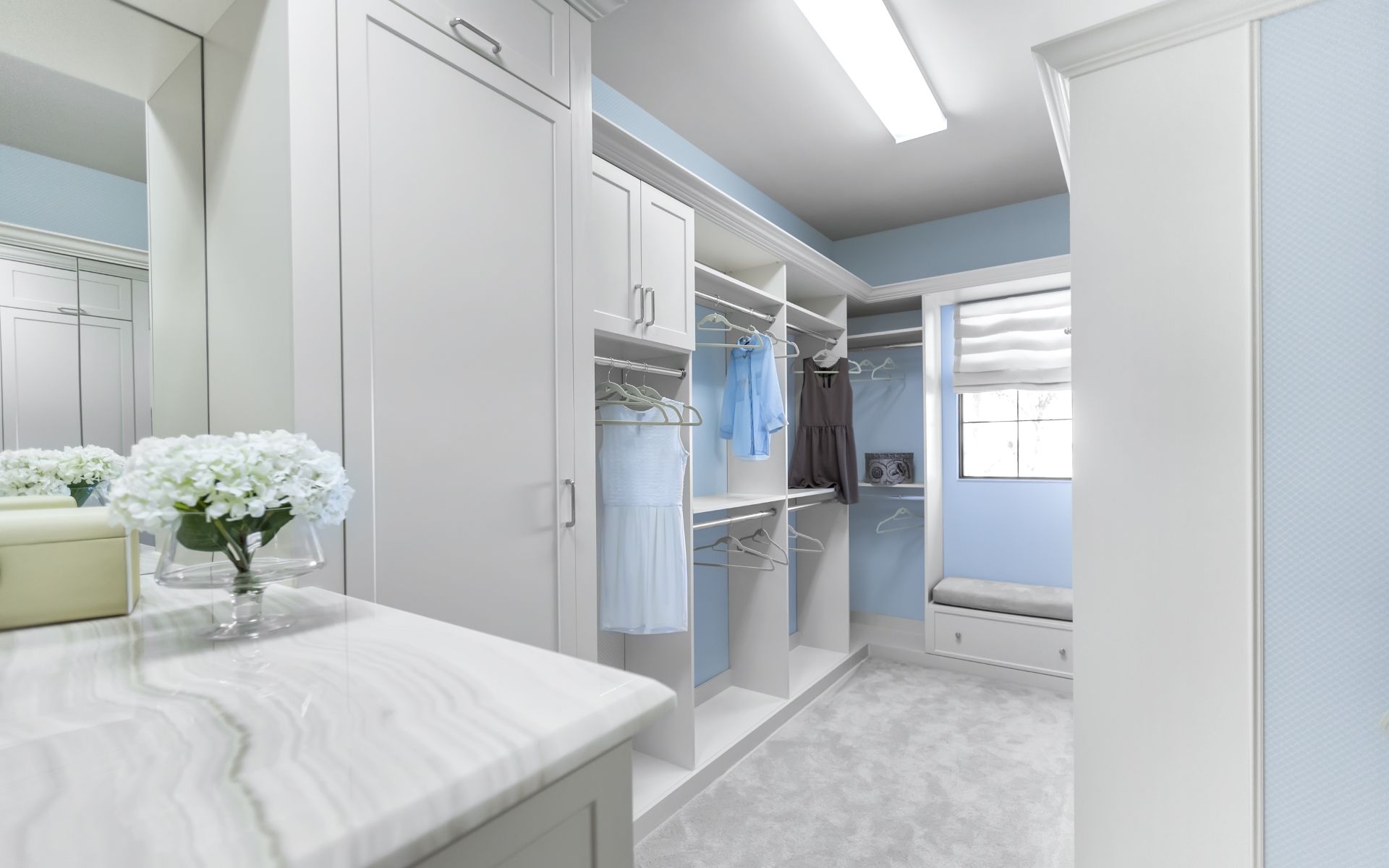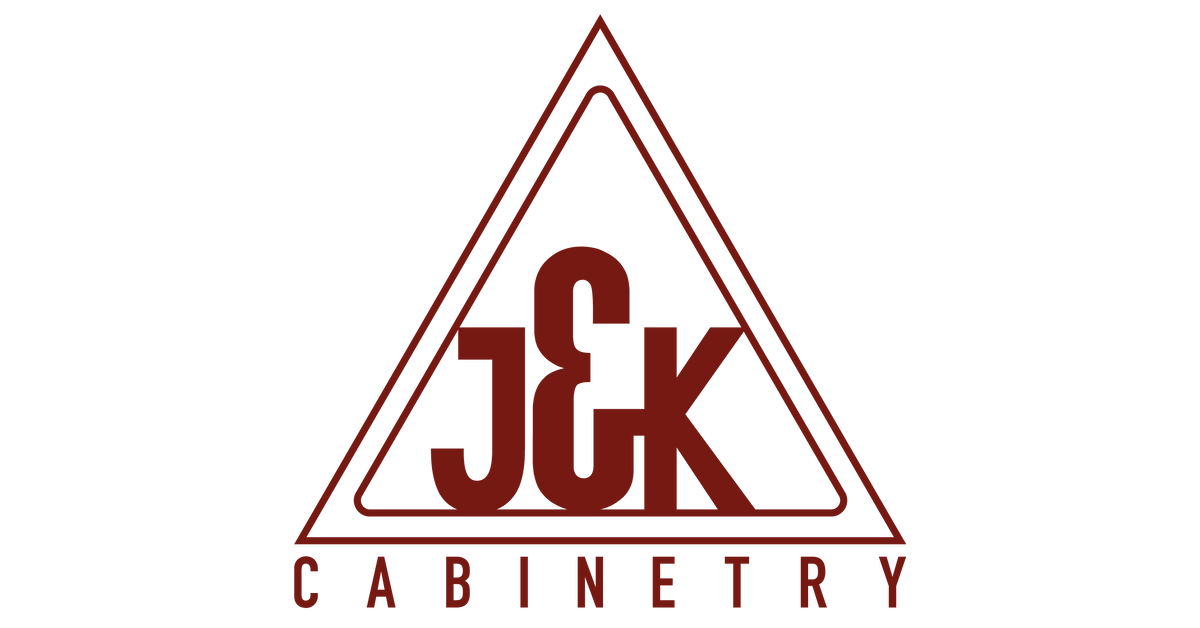Kitchen renovations are exciting projects that can completely transform your home. But before demolition begins, it’s crucial to get the right permits from the city of Falls Church, VA. Permits ensure your renovation meets local building safety codes and avoid delays from violations. This comprehensive guide explains the process of getting kitchen remodeling permits in Falls Church VA, the requirements, and tips for smooth sailing through your kitchen remodel project.
An Overview of Required Permits for Kitchen Remodels
The city of Falls Church requires homeowners or contractors to obtain permits for any structural changes or major upgrades made to existing kitchens. Typical permits include:
- Building permit – Required for renovations involving demolition, reconfiguring walls/layouts, expanding the footprint, or work impacting major systems like plumbing, electric, HVAC, etc. This is the most common permit needed for kitchen overhauls.
- Electrical permit – Needed if you’re installing new lighting fixtures, under-cabinet lighting, outlets, hardwired appliances, or anything requiring new electrical wiring.
- Plumbing permit - Required if adding, moving, or altering sinks, faucets, gas lines, water lines, drainage, or vent pipes.
- Mechanical permit – Needed for any HVAC, ventilation, or exhaust fan work.
- Demolition permit – Required if fully gutting and knocking down walls or any structural elements.
- Fire suppression permit – This may be needed if adding a commercial stove or range hood requires fire suppression.
Your contractor can help determine which specific permits you’ll need based on the scope and details of your kitchen remodel project. Requirements can vary case by case.
Step-by-Step Guide to Getting Permits in Falls Church, VA
Here are the key steps for obtaining the proper permits for your kitchen renovation in Falls Church:
- Research local building codes and requirements: Familiarize yourself with Falls Church’s specific building codes, zoning laws, and permitting requirements for kitchen remodels. Regulations can vary by neighborhood.
- Define the scope and plans for your project: The more details and specs you can provide upfront, the faster permit approval. Have floor plans, project scope, materials list, appliance types, etc ready to submit.
- Hire a licensed contractor: Experienced general contractors are very familiar with navigating the permitting process and can guide you smoothly through it. Check that they are properly licensed in Falls Church.
- Fill out and submit the permit application: Bring all required documents and project plans to Falls Church’s building/permitting department. Pay any fees. Allow 2-4 weeks for approval.
- Make any revisions if needed: You may need to make changes to your plans if the project doesn’t initially meet the code. Be prepared to work with the building department.
- Pick up your approved permits: Once fully approved, you can pick up your permits from the city offices. Display permits visibly onsite during the renovation.
- Schedule rough stage inspections: As demolition work begins, call to schedule in-progress inspections before covering up walls and utilities.
- Pass final inspection and get a certificate of occupancy: Allow time after finishing the remodel for final inspections to get CO and legally use your new kitchen.
Expert Tips for Streamlining the Permitting Process
Follow these tips from experts in kitchen remodeling Falls Church VA for smooth sailing as you get permits:
- Apply early – Build extra time for permitting into your renovation timeline. Rushed applications often get held up.
- Get pre-approvals – Some cabinetry or appliance suppliers offer pre-approved building plans to expedite permitting.
- Use permit expediters – Third-party servicers specialize in getting quick permit approvals for an extra fee.
- Communicate with neighbors – Be courteous if the project affects them. They’ll appreciate the advance notice.
- Follow up frequently – Don’t let your application get lost. Politely follow up with the permit office every 2 weeks.
- Read contractor reviews – Choose an experienced contractor familiar with permitting to avoid hang-ups.
- Provide contingency funds – Add 10-20% to your budget for unexpected delays and changes needed.
- Confirm final inspections – Allow several days after finishing the remodel for final inspections before using the kitchen.
Common Reasons Permit Applications Get Denied or Delayed
To avoid headaches, be aware of the most common reasons kitchen remodel permits get denied or delayed in Falls Church:
- Incomplete information submitted
- Incorrect forms or paperwork errors
- Plans don’t meet building codes or zoning rules
- Unlicensed contractor listed
- Failure to show proof of homeownership
- Outstanding fines or violations on property
- Overloaded permit office backlog and understaffing
Working carefully with an experienced contractor from the start minimizes these risks. Starting the permitting process early also builds in time to course correct applications if needed.
Average Cost of Permits for Kitchen Remodels
In the city of Falls Church, the fees for kitchen remodel permits often include:
- Building permit – Around $200 plus $0.10 per square foot
- Electrical permit – $100 plus $10 per new circuit
- Plumbing permit – $100 plus $10 per new fixture
- Mechanical permit – $100 plus HVAC fees if applicable
- Fire suppression permit – $150
- Demolition permit – $150
Plus, you may need to pay added plan review fees, use and occupancy fees, contractor licensing fees, and more. In total, permit fees for a major kitchen overhaul in Falls Church typically range from $500 to $2000.
Key Takeaways
Pulling permits for your Falls Church kitchen remodel ensures:
- Your renovation meets local building safety codes
- Electrical, plumbing, and HVAC work is done to code
- Changes comply with zoning and planning rules
- Inspections to prevent dangerous or illegal work
- You obtain a certificate of occupancy when finished
By understanding the permitting process upfront, you can plan accordingly and prevent violations that could jeopardize your exciting kitchen remodel.

